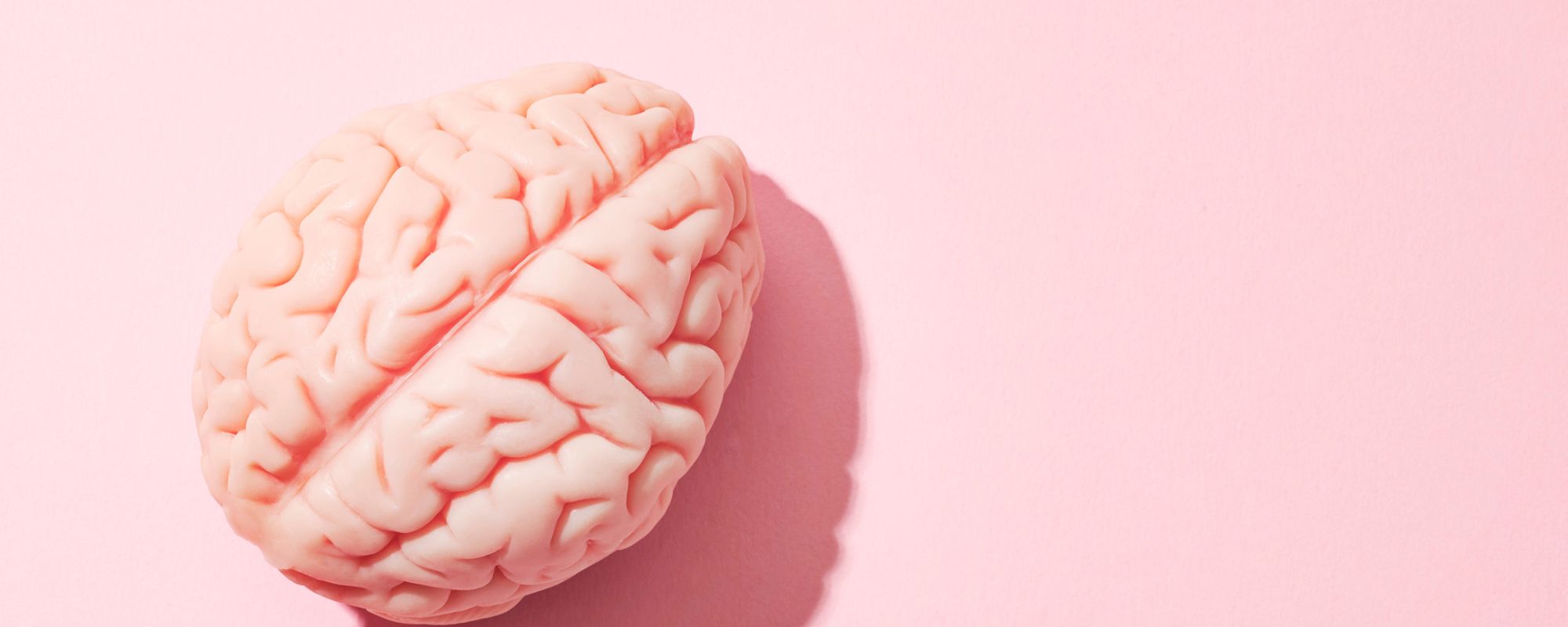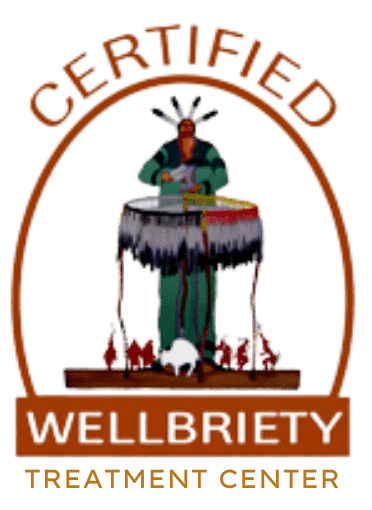If you are struggling with benzodiazepine addiction, it is important to know that you are not alone and help is available. Sound Recovery Centers offers comprehensive benzodiazepine addiction treatment options that address the whole person in recovery. In doing so, we ensure you are able to heal from benzodiazepine addiction in mind, body, and spirit.
What Is Benzodiazepine Addiction?
Benzodiazepines are a class of medications that work by slowing down activity in the brain and nervous system. They are commonly prescribed to treat anxiety, insomnia, seizures, and muscle spasms.
When used, benzodiazepines can cause feelings of sedation and euphoria. As of 2019, approximately 30.6 million adults reported using benzodiazepines in the past year. Misuse accounted for 17.2% of this use, highlighting the very real issue of benzo abuse in the United States.
Benzodiazepine addiction is a condition characterized by the compulsive use of these drugs despite negative consequences. Addiction generally can be caused by both physical and psychological dependence on the substance.
This occurs when the body becomes accustomed to the presence of the drug. When this happens, they may begin to experience withdrawal symptoms when use is reduced or stopped. This is because the body has become reliant on benzodiazepines, and can go into shock when its supply is suddenly cut off.
List of Benzodiazepines
There are several benzodiazepine brands that are commonly diagnosed in the U.S., each with its own intended uses and potential side effects. Some of the benzodiazepines most often prescribed include:
- Alprazolam (Xanax)
- Clonazepam (Klonopin)
- Diazepam (Valium)
- Lorazepam (Ativan)
- Temazepam (Restoril)
- Triazolam (Halcion)
- Chlordiazepoxide (Librium)
- Clorazepate (Tranxene)
- Oxazepam (Serax)
- Flurazepam (Dalmane)
- Quazepam (Doral)
- Midazolam (Versed)
It is important to note that this is not an exhaustive list. There are other benzodiazepines available, and the best one for you will depend on your specific situation and needs. It is important to speak to your doctor if you are considering taking benzodiazepines.
Are Benzodiazepines Dangerous?
Benzodiazepines can be dangerous, especially if not used correctly or for long periods of time. While they are effective in treating anxiety, insomnia, and seizures, they also carry risks. The potential for negative side effects is significantly increased with long-term use or misuse.
Some of the most common risks associated with benzodiazepines include:
- Drowsiness and sedation
- Dizziness and lightheadedness
- Impaired coordination and balance
- Muscle weakness
- Headaches
- Blurred vision
- Dry mouth
- Constipation
- Nausea and vomiting
- Loss of appetite
- Confusion and memory problems
- Depression and anxiety
- Mood swings and irritability
- Agitation and restlessness
- Suicidal thoughts
Do I Need a Prescription for Benzodiazepines?
Benzodiazepines are classified as Schedule IV substances under the Controlled Substances Act. This means they require a valid prescription from a licensed healthcare professional to legally acquire them.
In some cases, people may try to buy xanax online or through other illegal sources. This is never a good idea, as it can be highly dangerous. In many cases, benzos acquired anywhere other than from a legitimate healthcare provider may be fake or laced with other dangerous substances.
If you are struggling with a mental or behavioral health issue, you will need to speak with your doctor or therapist about getting a benzodiazepine prescription. They will help you determine whether benzodiazepines are a good option for you.
What Are the Signs and Symptoms of Benzodiazepine Addiction?
Benzodiazepine addiction can manifest in various ways. Some of the most common signs and symptoms of benzodiazepine addiction include:
Behavioral Signs:
- Increased Tolerance: Higher doses are needed to achieve the desired effects.
- Withdrawal Symptoms: Experiencing anxiety, insomnia, tremors, seizures, or other physical and psychological symptoms when reducing or stopping use.
- Compulsive Use: Prioritizing drug use over other responsibilities and activities.
- Drug-Seeking Behavior: Going to multiple doctors for prescriptions or obtaining benzodiazepines illegally.
- Lying or Deception: Hiding drug use from family, friends, or healthcare providers.
- Social Isolation: Withdrawing from social activities and relationships.
- Financial Problems: Spending excessive amounts of money on drugs.
- Legal Issues: Arrests for drug possession or related offenses.
Physical Signs:
- Drowsiness and Sedation: Feeling tired and sluggish during the day.
- Impaired Coordination: Difficulty walking or performing tasks.
- Slurred Speech: Difficulty speaking clearly.
- Muscle Weakness: Reduced strength and coordination.
- Blackouts or Memory Loss: Difficulty remembering events or experiences.
Psychological Signs:
- Anxiety and Depression: Experiencing intense feelings of fear, worry, and sadness.
- Mood Swings: Rapid shifts in mood, from euphoria to irritability.
- Panic Attacks: Sudden episodes of intense fear or discomfort.
- Suicidal Thoughts: Considering or attempting suicide.
If you or someone you know is struggling with benzodiazepine addiction, it is important to seek professional help. This substance use disorder can have serious consequences, but with the right treatment and support, recovery is possible.
Benzodiazepine Detox
Benzodiazepine detox is a carefully monitored process designed to help you safely navigate withdrawal. It is crucial to undergo this process under medical supervision due to the potential for severe withdrawal symptoms.
A typical benzodiazepine detox involves a gradual tapering of the medication dosage. This process is often slow and can take several weeks or even months. The exact timeline and symptoms can vary depending on your specific circumstances.
During detox at Sound Recovery Centers, you will be guided through the tapering process by our compassionate team of clinicians and addiction specialists. Your treatment process may include medication, therapy, and support groups.
Inpatient Treatment for Benzodiazepine Addiction
Inpatient treatment for benzodiazepine addiction provides a structured and controlled environment. Here, you can safely detox and receive intensive therapy. This level of care is often necessary if you have a severe addiction, a complex medical condition, or a history of relapse.
At Sound Recovery Centers, we provide personalized, one-on-one care to each of our guests. When participating in our inpatient program, you will have access to 24/7 support and recovery tools and resources.
Outpatient Treatment for Benzodiazepine Addiction
Outpatient treatment offers a flexible approach to benzodiazepine addiction recovery. Our outpatient program allows you to continue maintaining your daily life while receiving professional care.
This option is suitable if you have a milder addiction or access to a strong support system. By participating in outpatient care, you will have the opportunity to get the help you need, while continuing to honor your obligations at home, school, or work.
Aftercare for Benzodiazepine Addiction
Aftercare is a crucial component of long-term recovery from benzodiazepine addiction. This involves receiving ongoing support and treatment to prevent relapse and maintain sobriety. There are several key aspects to our aftercare program, including ongoing therapy, medication management, and support groups.
By incorporating these aftercare strategies into your daily life, you can significantly increase your chances of recovering from benzodiazepine addiction. This includes helping you maintain long-term sobriety and improving your overall quality of life.
Benzo Addiction Recovery Options
As part of our comprehensive approach to recovery, we offer both evidence-based and holistic treatment options. We believe that there is more to healing than medications and other traditional treatments. In order to truly overcome benzodiazepine addiction, you must first address the underlying causes of your substance abuse issues.
Managing Anxiety
Benzodiazepines are commonly used to treat anxiety disorders. Anxiety is a common human experience. However, when it becomes overwhelming, it can significantly impact your quality of life. To avoid using benzodiazepines as a crutch and fall into a cycle of addiction, it is important to find healthy ways of managing your anxiety.
This can include practicing mind-body techniques such as deep breathing, mindfulness, meditation, and yoga. We incorporate each of these techniques into our recovery approach. This helps you rebuild your relationship with yourself, and develop healthy habits to support your sobriety after leaving treatment.
Holistic Treatment for Benzo’s Addiction
Holistic treatment for benzodiazepine addiction combines traditional medical approaches with complementary therapies to address the physical, psychological, and spiritual aspects of recovery. This integrated approach aims to promote overall well-being and reduce the risk of relapse.
Professional Drug Abuse Treatment Help
If you or a loved one is struggling with benzodiazepine addiction, we are here to help. Our treatment center offers comprehensive recovery options that are designed to help you heal in mind, body, and spirit. We treat benzodiazepine addiction using our proven drug and alcohol rehab options and treatment programs. Benzo rehab using behavioral therapy is the best way to end abuse and addiction.
Our team of clinicians and addiction specialists work with you to build a personalized treatment plan. This will include a combination of medical and therapeutic interventions to address every aspect of your addiction. If you are ready to start your journey to sobriety, we are here to help.














